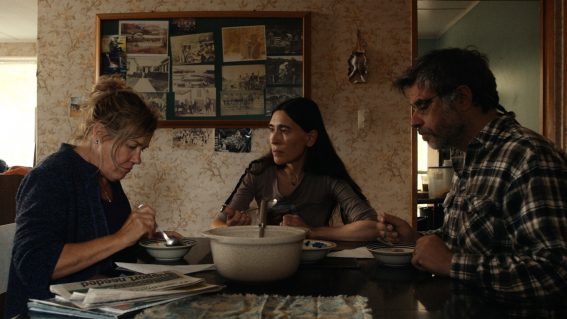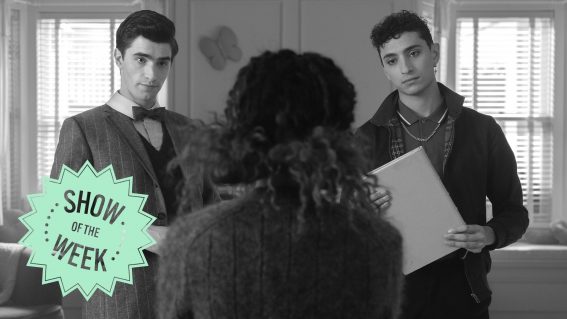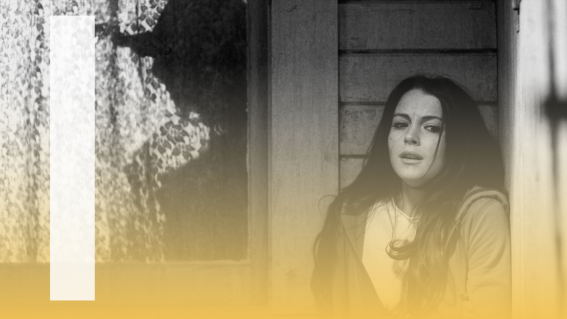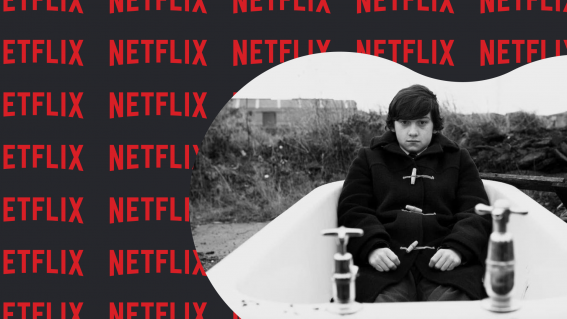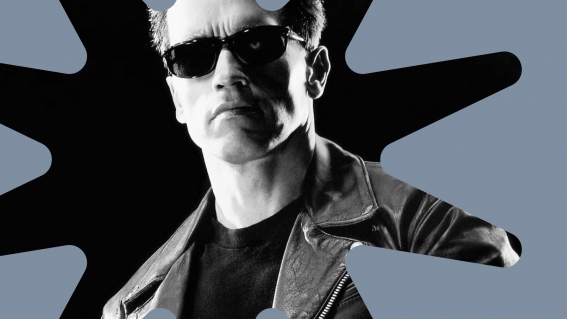I’m being serious: Simon Pegg and other British comics turning to drama
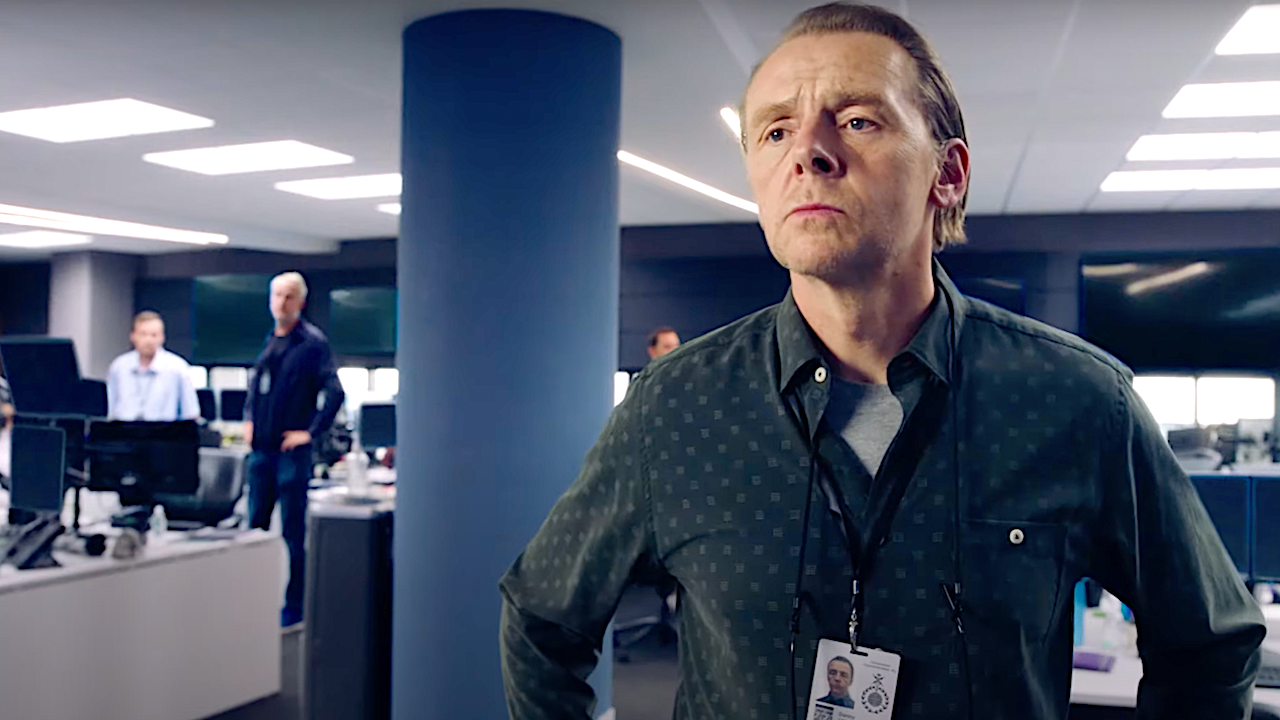
Comedy and drama are just two sides of the same coin. Here, Rory Doherty celebrates some of the greatest recent roles of British funnymen playing it straight.
Channel 4’s The Undeclared War marks a few welcome changes to British drama; it steers the cyber-thriller towards authenticity, and the interplay of a demanding workplace and a splintered family dynamic is shown through a British-Asian perspective in protagonist Saara (Hannah Khalique-Brown). With such elements drawing focus, you’d be forgiven for not noticing something that’s becoming increasingly common on our small screens: comedy stars taking straight-faced, dramatic roles.
It’s not hard to see why; comedy is still seen somewhat as a lower artform by the industry (to date, only three actors have won Oscars for comedic performances), but the change is not as drastic as you’d think. The exact timing, body language, and expressions needed to land an amusing character can easily be used to create a natural, lived-in performance. Comedy is all about observation, after all, meaning comics perceive how those around us act as well as any traditionally dramatic actor.
Simon Pegg plays Danny, Saara’s boss at GCHQ, and we join him just as a malicious attack starts to make a move on British democracy itself. Pegg is well-known for his deadpan but heightened average Joe comedy roles; his characters in Shaun of the Dead, Run Fatboy Run, and even Star Trek feel like regular people ridiculously out of their depth, but give Pegg unique and ample opportunities for singular hilarity.
The Undeclared War holds onto the relatability of Pegg’s previous work, but removes the comedy. Danny is an uncannily realistic manager—the ways he perches over a computer screen, the different tones he uses casually with underlings and superiors, even how he praises and chides his employees in the same relaxed, un-emotive manner. There’s no doubt Pegg is working hard to ground the geopolitical cyber-stakes in a boss we can all recognise. It’s a striking performance of, well, normality.
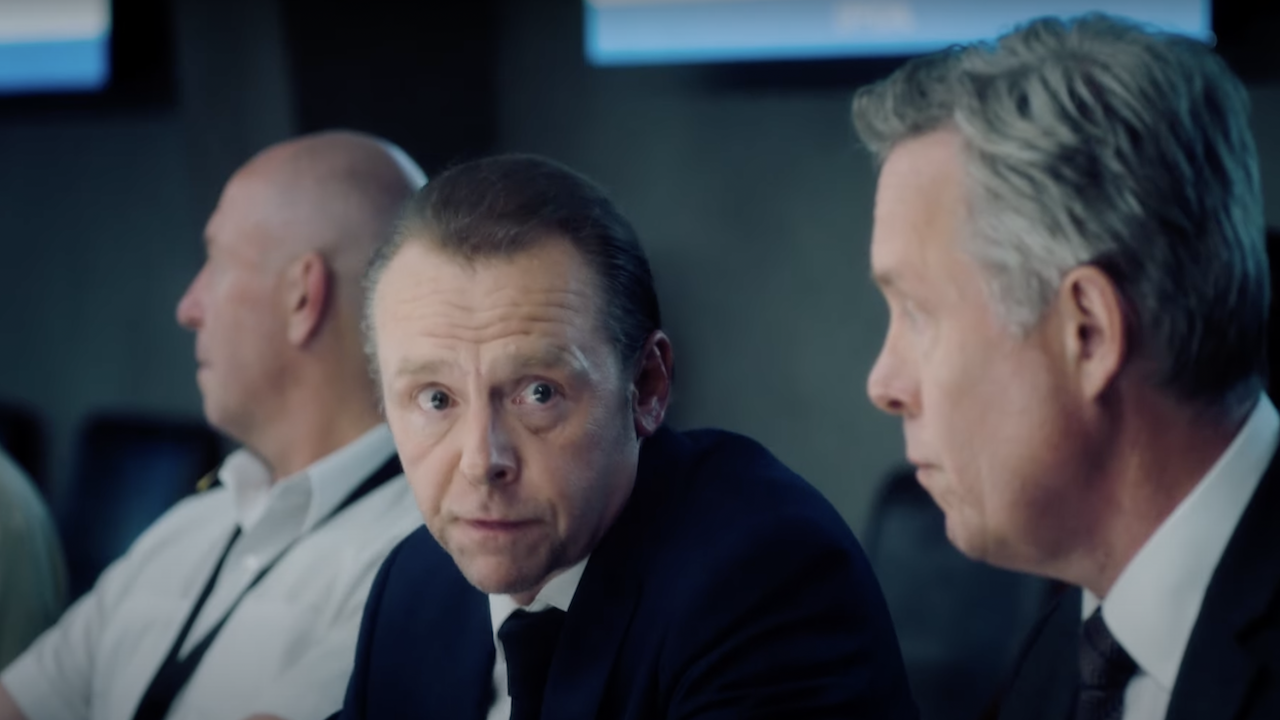
Stephen Merchant, one of the writers and directors behind The Office UK, Extras, and most recently the BBC community service series The Outlaws, also has a unique comic performing style. His writing features a lot of what can only be described as “deadpan cringe”, where outrageous social comedy is filtered through painfully mundane scenarios, although there’s certainly no absence of warm, engaging characters. Merchant himself is no stranger to playing oddball weirdos, but while his characters are often off-putting they’re usually at least likeable.
But in his latest pivot to drama, Merchant has none of Danny’s comforting relatability. In BBC’s Four Lives, he plays Stephen Port, the serial killer who drugged and raped gay men he met on dating websites. The social awkwardness, the ability to deflate any conversation’s energy is still present, but all comedy has been methodically siphoned out of his performance. The series focuses mainly on the gross police negligence that allowed Port to kill as many as he did, but critics universally lauded Merchant’s understated and unnerving turn as a monster who took advantage of institutional homophobia in his killings.
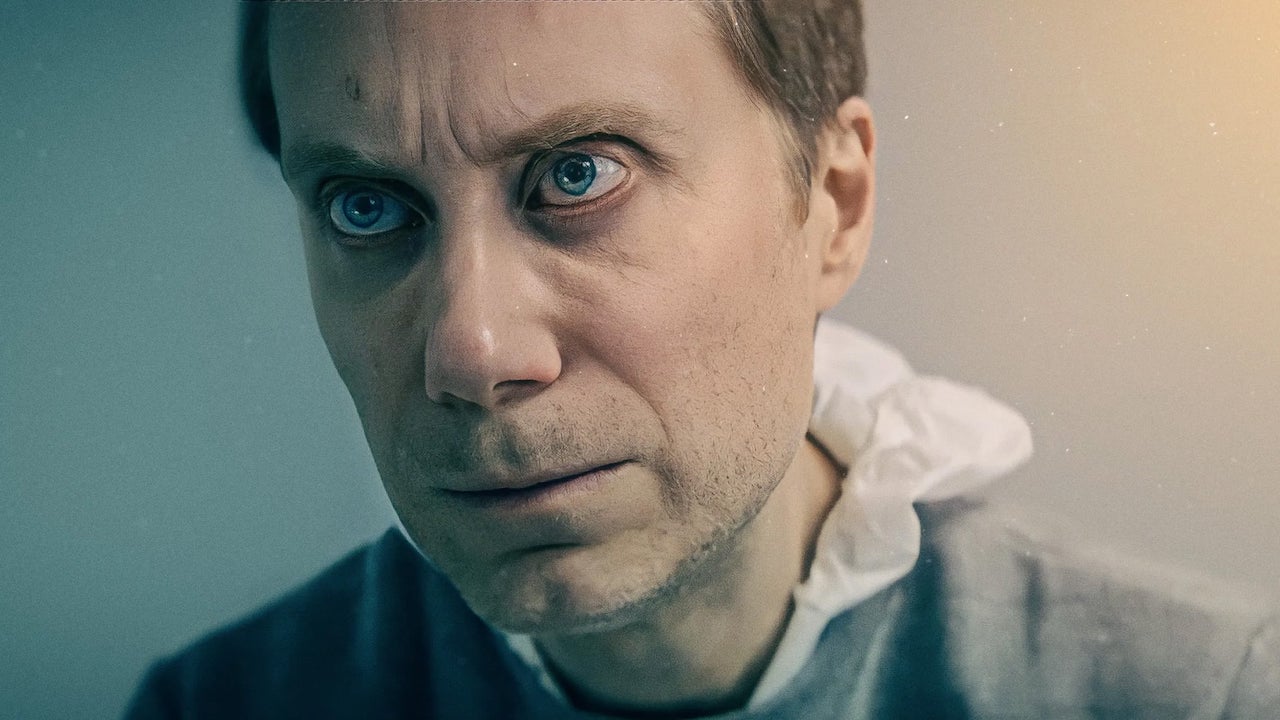
While Four Lives wisely focuses on more worthy elements than just its lead, another recent show suffers from having its straight man performance be the only interesting part of the show. Unceremoniously falling onto Netflix in 2019, The Spy tells the story of how ordinary Egyptian-born Eli Cohen became one of Israel’s top Mossad agents. There’s no doubt sketch comedian Sacha Baron Cohen is a great fit for the part, and as Rolling Stone’s Alan Sepinwall noted, it feels like we’re seeing another Baron Cohen persona just “with vastly higher stakes”.
He made a bigger splash with his 2020 Netflix Original, Aaron Sorkin’s The Trial of the Chicago 7, which garnered him an Oscar nomination (albeit for a role that utilised much more comedy). But The Spy struggles to make a convincing argument for keeping our interest beyond Baron Cohen’s performance, with a weak visual style and the loose pace to which Netflix originals are partial.
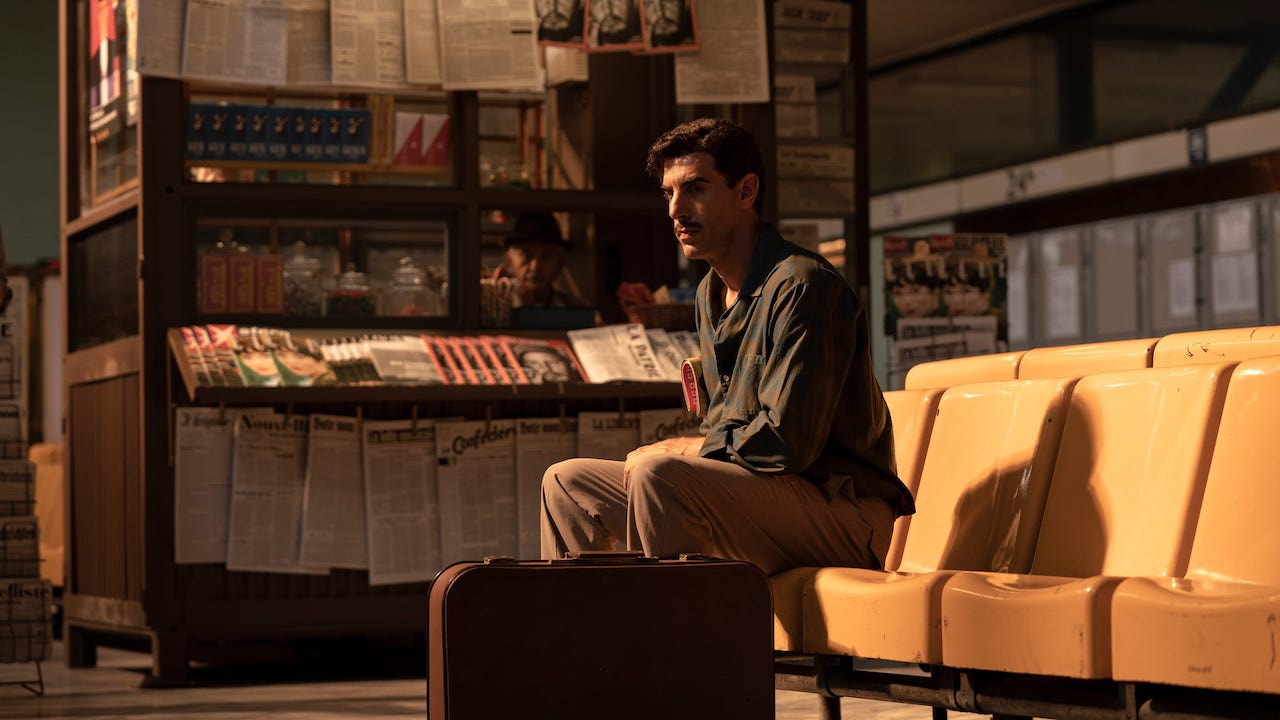
Other performers, despite having as illustrious a comedy career as Merchant or Baron Cohen, make less of a splash when they shift to drama—because they already have a track record of doing so. Steve Coogan, best known as Alan Partridge, has been blending drama and comedy in his roles in no small part due to his extensive collaborations with naturalistic filmmaker Michael Winterbottom (The Trip series, 24 Hour Party People).
His abrasive, ironic sensibilities as a comedian transplant well into brusque, slightly unlikable dramatic roles; as an entitled divorcee in What Maisie Knew, and people fighting for justice in Stephen and Shepherds and Butchers. Most memorable is his work in Philomena, where he plays a writer accompanying an elderly Irish woman searching for the child she was made to give up by the church. We can see those curt comic roots, paired effortlessly with the warm Judi Dench, but they’re underplayed to serve the deeply sad dramatic heart of the story.
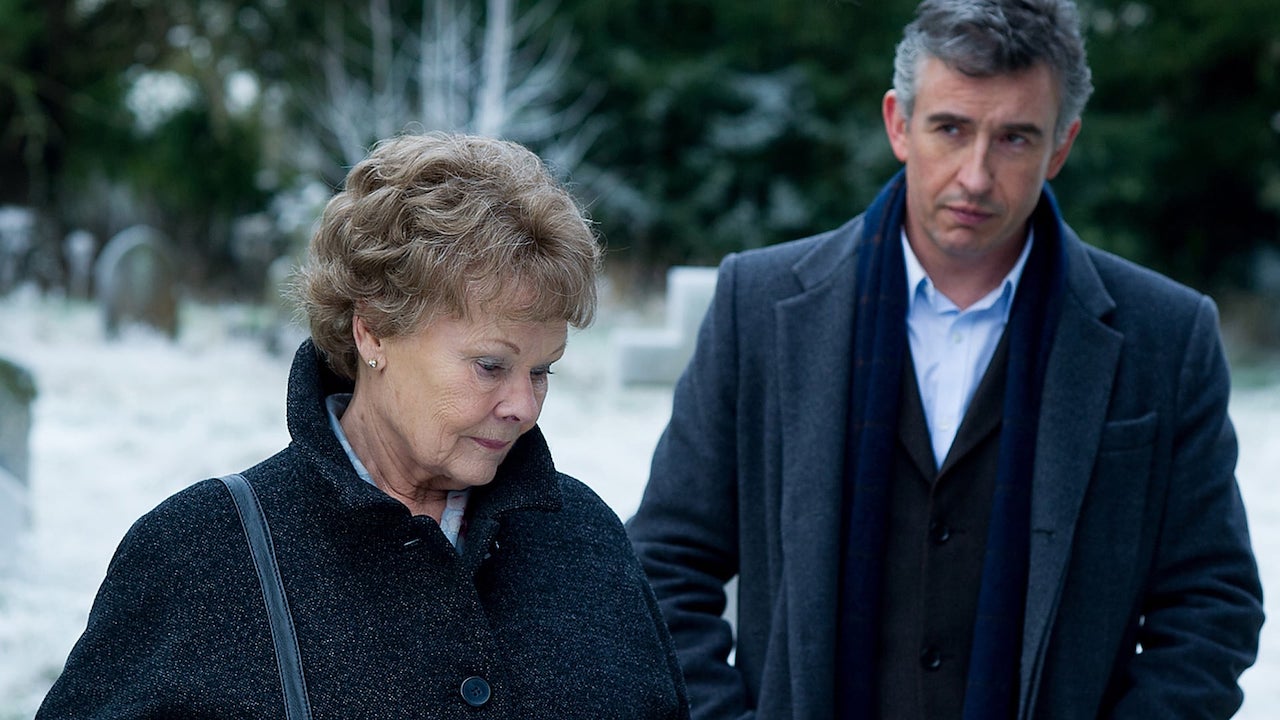
What sets Pegg’s performance apart from the last three examples is his not taking the spotlight; Danny is a supporting member of a varied ensemble. Smaller roles are all the more important in a small town mystery like Broadchurch, each of them a unique suspect. It’s here esteemed comedian and certified national treasure Sir Lenny Henry appeared in the third series, after previously criticising the show’s overly white cast.
His character became a suspect in a serious sexual assault case, powerfully conveying the anguish and guilt in his decidedly uncomic character Ed. Decades into his stand-up and character comedy career, Henry had nothing to prove, already showing Shakespearean tragedy and comedy were within his reach. His next dramatic role is slated to be in Amazon’s Lord of the Rings series The Rings of Power.
Who knows: when they’ve exhausted serious drama, maybe comedians making the leap to fantasy will be the next welcome trend.






